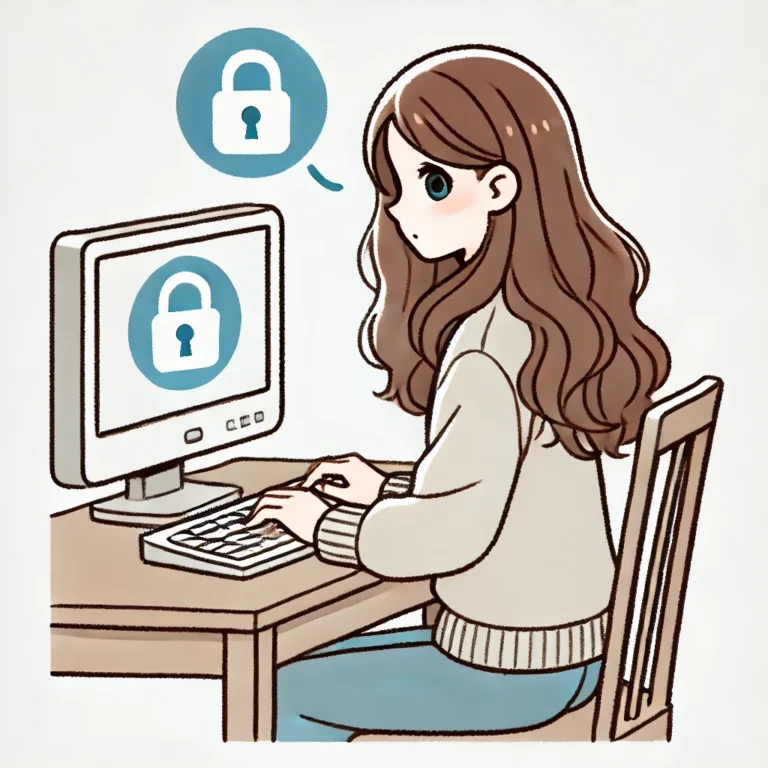The internet is a powerful tool, but let’s be honest—it’s a mess right now. Social media has turned into a breeding ground for misinformation, AI-generated content is making it harder to tell what’s real, and bad actors are weaponizing viral outrage for clicks and ad revenue. The result? A growing wave of social media skepticism that’s turning into outright distrust of the internet as a whole.

It’s understandable. People are tired of deception, manipulation, and bad-faith engagement designed to keep them scrolling instead of thinking critically. But here’s the thing—while social media is a mess, throwing out the entire internet is a mistake. Instead of treating everything online as suspicious by default, we need to get better at sorting fact from fiction.
The Rise of Social Media Skepticism (And Why It’s Not All Bad)
A little skepticism is healthy. For years, people blindly trusted whatever popped up on their feeds. That’s how misinformation spreads—whether it’s election conspiracies, fake health advice, or doctored images that fuel outrage.
But lately, we’ve seen a shift. More people are questioning what they see online, looking for sources, and pushing back against obvious manipulation tactics. This is a good thing—but there’s a catch. Instead of developing critical thinking skills, some people have jumped straight to assuming everything online is fake.
That’s a problem because not all information is created equal. Real investigative journalism exists. Experts publish peer-reviewed research. Whistleblowers risk everything to expose corruption. The internet still provides access to legitimate, world-changing information—but only if we know how to find it. We can’t let social media skepticism take all of that away.
The Danger of Blanket Distrust: When Everything Is “Fake News”
We’ve reached a weird point where some people trust nothing online while others trust anything that confirms their beliefs.
Take the pandemic as an example. In the early days, social media spread massive amounts of misinformation—but it also allowed scientists and journalists to share real-time data. The problem wasn’t the internet itself or even social media skepticism. The problem was how information was packaged and spread.
This kind of all-or-nothing thinking is dangerous, especially in legal and political contexts. When people stop believing in reliable institutions, they become more vulnerable to extreme narratives. Conspiracy groups thrive on this—they don’t ask people to “trust them” outright. Instead, they plant seeds of doubt: “You can’t trust anyone.” Once people believe that, they’re easier to manipulate.
We’ve seen this play out with:
- Election denialism – Claims that “all media is corrupt” led people to reject legitimate reporting on elections, even when courts upheld the results.
- AI-generated disinformation – Some people assume everything is deepfaked, even real footage, which makes it easier for bad actors to muddy the waters.
- Corporate defamation cases – Some companies have successfully discredited whistleblowers and critics by leaning into public distrust of the media.
Skepticism should lead to fact-checking and verification, not a knee-jerk rejection of everything.
How to Be Skeptical Without Falling for Misinformation
Instead of letting social media skepticism win and assuming everything online is a lie, the more intelligent move is to learn how to verify information. Here’s how:
1. Check the Source
- If something sounds outrageous, where is it coming from?
- Is it a random post, or an article with cited sources?
- Does the website have a history of factual reporting, or is it a clickbait farm?
2. Look for Primary Sources
- If an article claims, “A new study proves X”, go find the actual study. Headlines often misrepresent research.
- For legal news, court filings and government reports are public records—check them directly.
3. Reverse Image Search
- What have we learnt from our social media skepticism? Seeing is NOT always believing. Deepfake tech is improving, and old images get recycled with new, misleading captions.
- Google Reverse Image Search or TinEye can tell you where a photo originated.
4. Follow the Money
- Ask: who benefits from this narrative?
- If an influencer is pushing a conspiracy, are they selling a book, a supplement, or a paid membership?
- Even legitimate news outlets have biases—knowing the financial and political incentives behind media organizations helps you spot framing tactics.
5. Be Aware of Your Own Biases
- We all have confirmation bias—we’re more likely to believe things that align with our existing opinions.
- Before sharing something, ask yourself: Do I believe this because it’s true, or because I want it to be true?
Final Thoughts: The Internet Is Still Worth Saving
Social media skepticism has damaged public trust, but that doesn’t mean the internet is useless. The key isn’t to reject everything—it’s to get better at filtering the garbage. Skepticism is robust when it leads to critical thinking, research, and verification.
The goal isn’t blind trust or total cynicism. It’s discernment. The internet can be an incredible tool for learning, exposure, and uncovering truths—but only if we know how to separate fact from fiction.
Author: Jordan Whitaker
Bio: Jordan Whitaker is a legal analyst and investigative journalist specializing in digital misinformation, media law, and online privacy.


